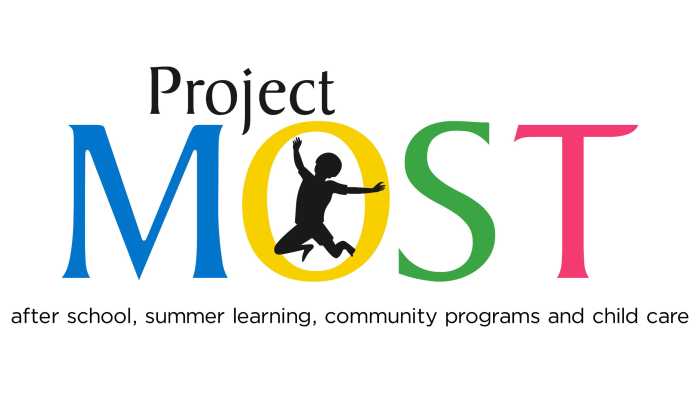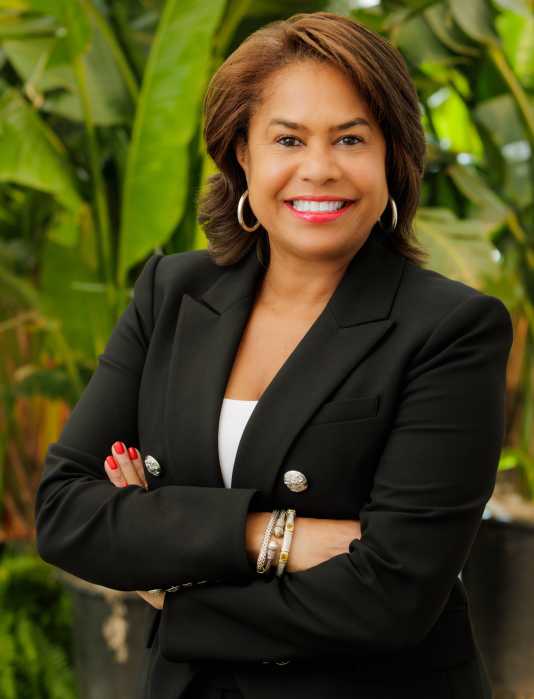New York State lawmakers this weekend approved a long-sought bill to raise the age of criminal responsibility in New York State to 18.
The state had been debating whether to abolish prosecutions of 16- and 17-year-olds who commit non-violent crimes as adults in criminal court for a dozen years but made little progress. When the state Assembly and Senate approved the measure, officials lauded the change as a legacy achievement for Albany and potentially life changing for offenders.
“For too long, draconian punishments for youthful mistakes have ruined the lives of countless young New Yorkers,” Gov. Andrew Cuomo said. “By coming together, we reversed this injustice and raised the age of criminal responsibility once and for all so that 16- and 17-year-olds are no longer automatically processed as adults.”
New York and North Carolina are the only two states in the nation that prosecute defendants aged 16 and 17 as adults.
The bill was passed as a part of the state’s $163 billion budget package.
“The steps we have taken today to reform the criminal justice system will go a long way to ensure that young people who make mistakes are not unfairly swept into the same category as violent criminals,” added Assemb. Phil Ramos (D-Brentwood), in a statement. “It serves the best interests of all communities to reform those individuals who, with support and age-appropriate treatment, have the potential to achieve law-abiding and successful futures.”
Leading up to the state’s April 1 deadline to reach a budget agreement, which passed without a deal, criminal justice reform organizations held several public rallies supporting a “raise the age” measure, expressing concern for teens incarcerated with adults.
Dr. Jenny Bencardino, a Long Island advocate for increasing the age of criminal responsibility, said she’s heartened that 16- and 17-year-olds will no longer have to be exposed to adult inmates in jails and prisons.
Bencardino pointed to a report published by Scientist Action and Advocacy Network that found “incarceration can leave a lasting and traumatic mark on adolescents as they are separated from friends, parents, and loved ones, and deprived of the opportunities to practice pro-social behavior.”
The report cited scientific research showing how areas of the brain instrumental in decision-making and regulating emotions and impulses “are among the last to develop.” That’s to suggest, Bencardino said, that a teen that listens to career criminals in jail are prone to taking that experience with them when they leave prison.
“I’m really happy they’re going to be removed from that environment,” she said.
Some lawmakers and prosecutors opposed the measure on the grounds that it will make young gang members more difficult to prosecute.
Under the change, violent felony charges in a newly established Youth Part of criminal court would be subject to a three-part test of the seriousness of the allegations to see if the case should be transferred to Family Court. Those not eligible for such transfers will still be treated as adults during sentencing, although judges can consider the defendant’s age when imposing incarceration. Non-violent felonies and misdemeanors would be handled in Family Court, where cases are automatically sealed, although prosecutors could seek to have serious non-violent felonies transferred to criminal court in serious cases.
The measure will not go into effect immediately. Officials said the state will increase the age of juvenile delinquency from 16- to 17-year-olds in October 2018, and then raise the age of criminal responsibility to 18 in October 2019. Along with the age-cap on adult prisons, young people will be prohibited from being jailed on Rikers Island in New York City beginning in October 2018, officials said. Instead, they will be housed in a juvenile detention facility.
Among the other significant measures included in the state budget is an increase of $129 million for Long Island schools, $2.5 billion for water infrastructure upgrades, expanding ridge-sharing services such as Uber and Lyft to Long Island, and tuition-free assistance for college students beginning this year.
Under the free tuition program, students whose households earn $125,000 or less will be eligible for tuition assistance that will effectively make college free. Students who quality must be enrolled in college full-time, complete their degree on schedule, and maintain a certain Grade Point Average. The program will be phased in over three years, with the income cap increasing from $100,000 in 2017 to $110,000 in 2018, until finally, $125,000 in 2019.
While Long Island boasts the second-most college-age students in the state, only 55-percent of students will be able to take advantage of the program once its fully phased in—the lowest percentage of any region in the state.


































